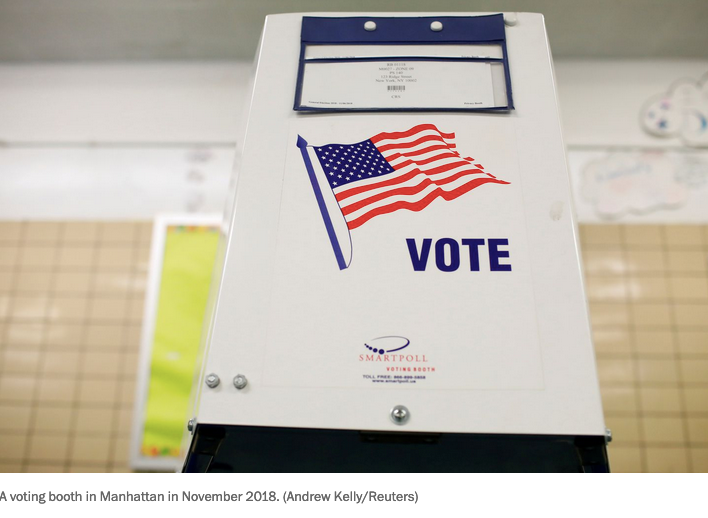Since 2017, so many events in U.S. politics that were previously unthinkable have come to pass. Don’t believe me? A few days ago, the president of the United States baselessly accused a cable television host of murder and it barely made a blip in the news cycle. The shocking has become unsurprising — almost routine — under Donald Trump’s unhinged presidency.
We don’t know whether Trump will be reelected. But, as we head toward November, you have to ask yourself: If he loses, would it be more surprising if Trump graciously accepts defeat and congratulates his opponent or if he claimed to be the victim of a rigged election and a “deep state” plot?
The answer seems clear.
I’ve studied genuinely rigged elections across the globe. The tactics, context and strategies vary enormously from Azerbaijan to Zimbabwe. But one trait they have in common is this: The winner doesn’t claim they were rigged.AD
Not so with Trump. In 2016, when he narrowly defeated Hillary Clinton despite losing the popular vote by a historic margin, he claimed that 3 million to 5 million people voted illegally. That is a lie. But it raised an obvious question: If Trump claimed that an election he won was rigged, what will he do with an election he loses?
Already, he has insinuated that Democratic victories are the result of rigged elections. It’s part of a deliberate strategy to discredit the legitimacy of his political opponents, but it also endangers the peaceful transfer of power, which is a cornerstone of democratic government.
It’s worth reiterating that Trump’s claims are lies. The evidence is clear. Voter fraud is an minuscule problem in the United States. One comprehensive study found 31 cases of voter fraud of more than 1 billion ballots cast from 2000 to 2014, a rate of 0.0000031 percent of all votes. And lest you think that study was somehow biased against Republican claims, George W. Bush’s Justice Department went looking for voter fraud and basically came up empty. Indeed, as Lorraine Minnite, a political science professor at Rutgers University has noted, in 2005, more people were charged with violating migratory-bird statutes than voter fraud. And that was while Bush’s administration was actively seeking fraud cases to prosecute.




